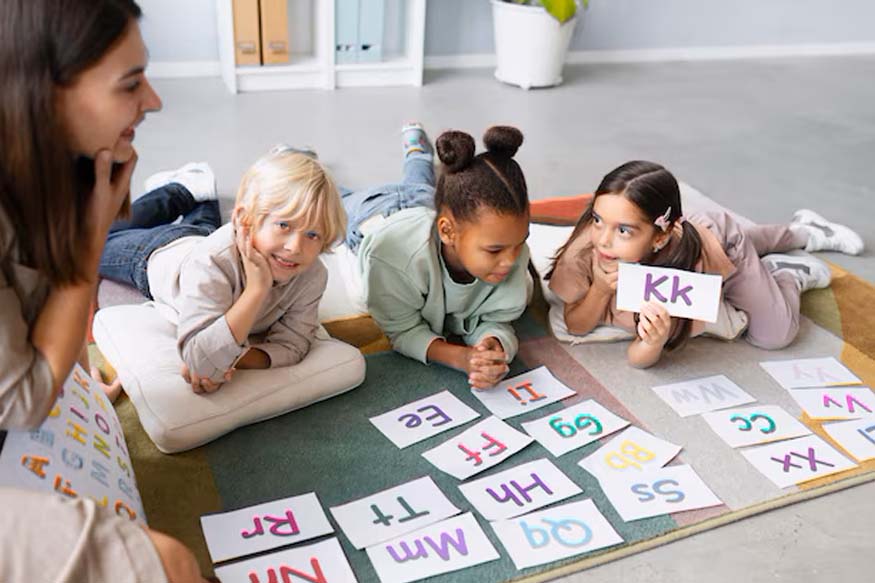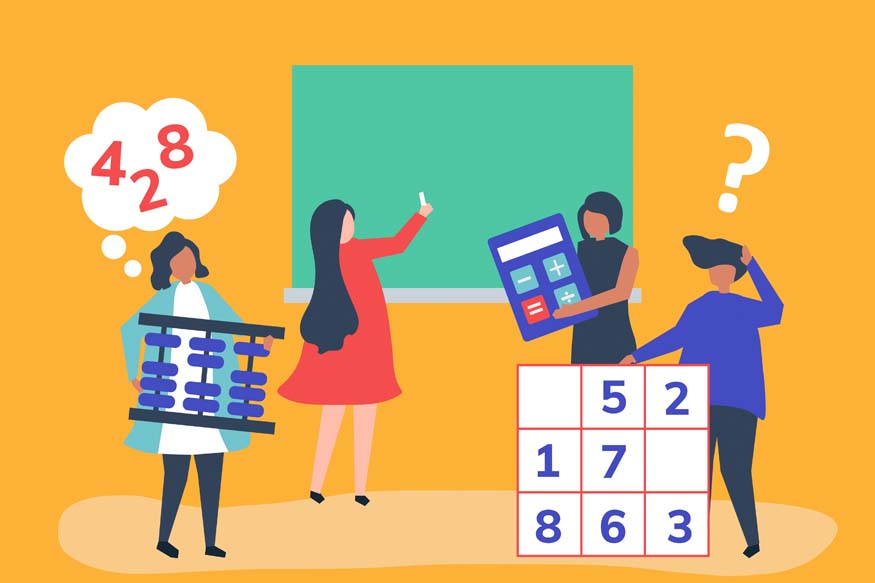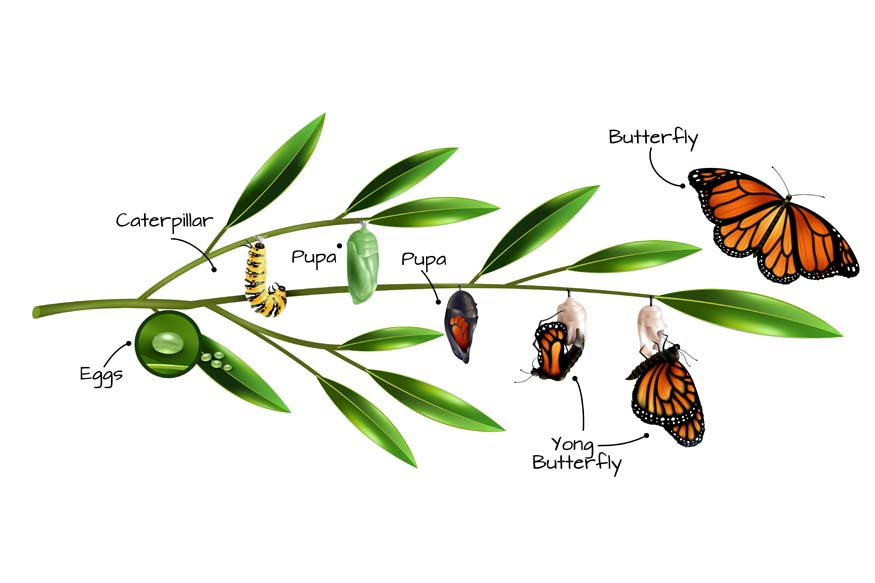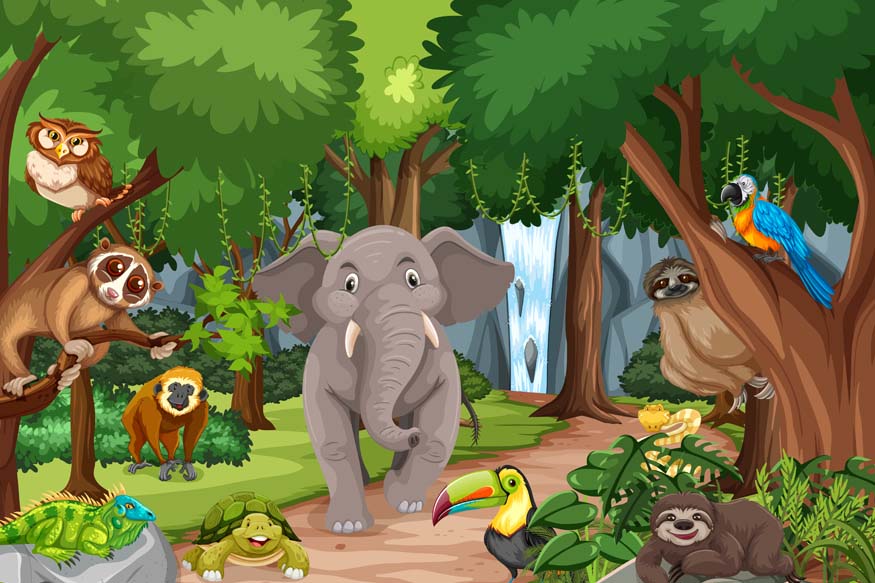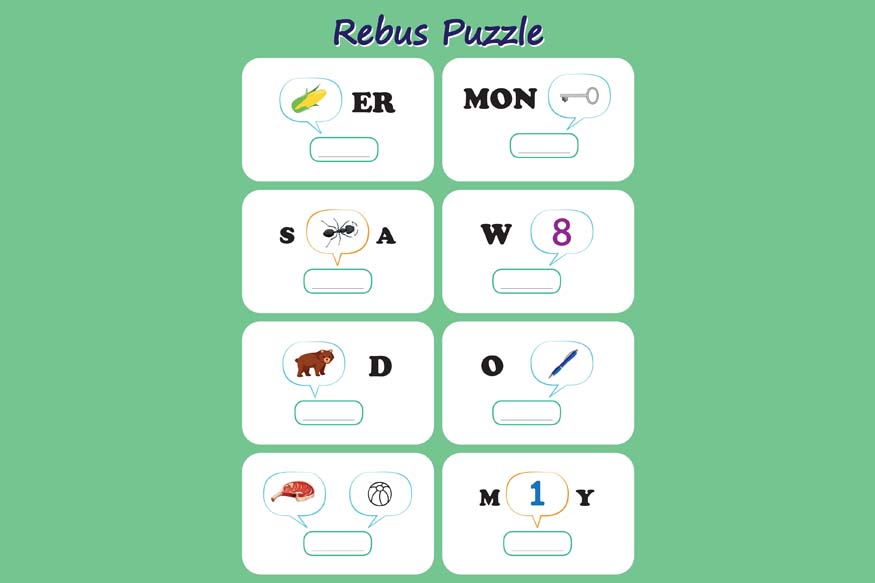Vocabulary is crucial in developing a child’s communication skills and overall learning. A strong vocabulary helps children express their thoughts clearly, understand what they read, and develop confidence in speaking. The earlier kids start learning new words, the easier it becomes for them to grasp complex concepts as they grow. This blog explores essential vocabulary words for kids and fun and engaging ways to learn them.
Why Vocabulary is Important for Kids
Words are the building blocks of language. When children develop a rich vocabulary, they find communicating, writing stories, and understanding school subjects like science, history, and math easier. A strong vocabulary also helps in social situations, allowing kids to express their emotions and ideas better.
Expanding vocabulary at a young age benefits children in several ways:
- Improves reading and comprehension skills
- Boosts confidence in speaking and writing
- Helps in forming clear thoughts and ideas
- Makes learning more enjoyable
- Enhances social interactions and friendships
Essential Vocabulary Words for Different Age Groups
Children learn new words at different speeds. The following lists include age-appropriate vocabulary words that kids should know to improve their language skills.
Basic Vocabulary for Preschoolers (Ages 3-5)
At this stage, children learn simple words that help them express their needs and understand basic instructions.
- Everyday Objects: Chair, table, door, window, bed, spoon, cup, ball
- Animals: Dog, cat, bird, fish, elephant, lion, rabbit, cow
- Colors: Red, blue, yellow, green, pink, black, white, orange
- Numbers: One, two, three, four, five, six, seven, eight, nine, ten
- Basic Actions: Eat, run, jump, sit, stand, walk, play, sleep, talk, read
- Feelings: Happy, sad, angry, scared, excited, tired, surprised, hungry
- Family Members: Mother, father, brother, sister, grandma, grandpa
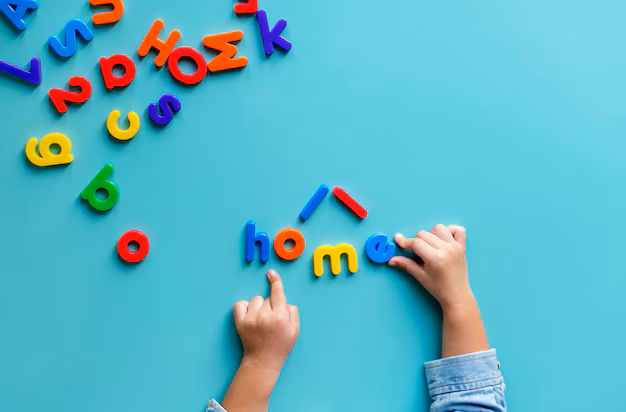
Essential Words for Early Learners (Ages 6-8)
Children in this age group start learning more descriptive words and begin forming complete sentences.
- Descriptive Words: Big, small, fast, slow, hot, cold, soft, hard, strong, weak
- Shapes: Circle, square, triangle, rectangle, oval, star, diamond
- Weather Words: Sunny, rainy, cloudy, windy, stormy, snowy
- School-Related Words: Teacher, student, book, pencil, paper, board, desk, classroom
- Time Words: Morning, afternoon, evening, night, yesterday, today, tomorrow
- Places: Home, school, park, beach, library, hospital, zoo, farm
- Opposites: Up/down, in/out, open/close, fast/slow, happy/sad
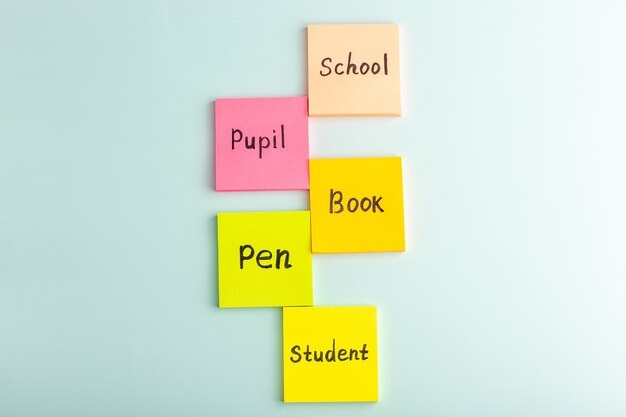
Advanced Words for Older Kids (Ages 9-12)
At this stage, children start learning more complex words to enhance their vocabulary.
- Emotion Words: Curious, confident, anxious, nervous, joyful, disappointed
- Science Words: Gravity, planet, ecosystem, energy, habitat, atom, evaporation
- Mathematical Terms: Addition, subtraction, multiplication, division, fraction, decimal
- Literary Words: Character, setting, plot, fiction, nonfiction, poetry, author
- Synonyms and Antonyms: Brave (fearless), quick (fast), quiet (silent), lazy (active)
Fun Ways to Learn New Words
Developing vocabulary does not have to be boring. Kids can expand their vocabulary through games, stories, and interactive activities. Here are some creative ways to make learning words fun and engaging.
- Word of the Day
- Storytelling and Reading
- Flashcards and Picture Books
- Word Games
- Labelling Objects at Home
- Singing Songs and Rhymes
- Conversations and Discussions
- Writing Activities
Introduce a new word each day and use it in sentences. Encourage kids to use it throughout the day.
Reading books introduces kids to new words in context. Encourage children to read aloud and discuss new words they come across.
Using flashcards with pictures helps kids connect words with objects. Picture books also make learning new words fun.
Games like Scrabble, crossword puzzles, and word searches help children learn new words while having fun.
Placing labels on household items like “door,” “window,” and “table” helps kids remember words easily.
Songs and rhymes are a great way to learn new words. They make memorisation easier and keep learning enjoyable.
Encouraging kids to talk about their day using new words helps reinforce vocabulary. Ask open-ended questions to help them express themselves.
Simple writing exercises like keeping a diary, writing short stories, or making word lists can improve vocabulary.
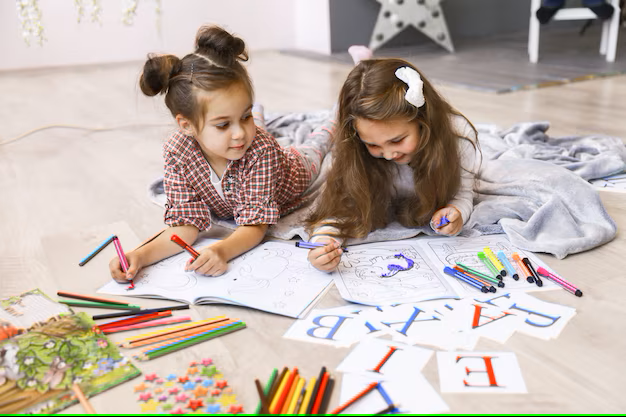
Common Mistakes Kids Make While Learning Vocabulary
Learning new words can sometimes be confusing for children. Here are some common mistakes they make and how to fix them:
- Mispronouncing Words: Encourage kids to listen to correct pronunciations and repeat the words.
- Using Words Incorrectly: Help them understand word meanings through examples and practice.
- Forgetting Words: Regular practice and usage in daily conversations help kids remember new words.
- Mixing Similar Words: Teaching words in context and using them in sentences can reduce confusion.
How Parents and Teachers Can Help
Parents and teachers play a big role in helping kids build their vocabulary. Here are some ways they can support children:
- Read books together and discuss new words.
- Encourage curiosity by answering their questions about word meanings.
- Play word-related games that make learning fun.
- Give positive reinforcement when kids use new words correctly.
- Create a word-rich environment at home and school.
Conclusion
Building a strong vocabulary is essential for a child’s academic success and communication skills. Learning new words should be an enjoyable experience filled with games, books, and interactive activities. Parents and teachers can make a big difference by encouraging children to use new words daily.
At Centre Point School (CPS), we believe in nurturing a love for language and learning. Our approach ensures that children not only build a strong vocabulary but also develop confidence in reading, writing, and speaking. With the right support and a fun learning environment, every child can become a great communicator and lifelong learner.

